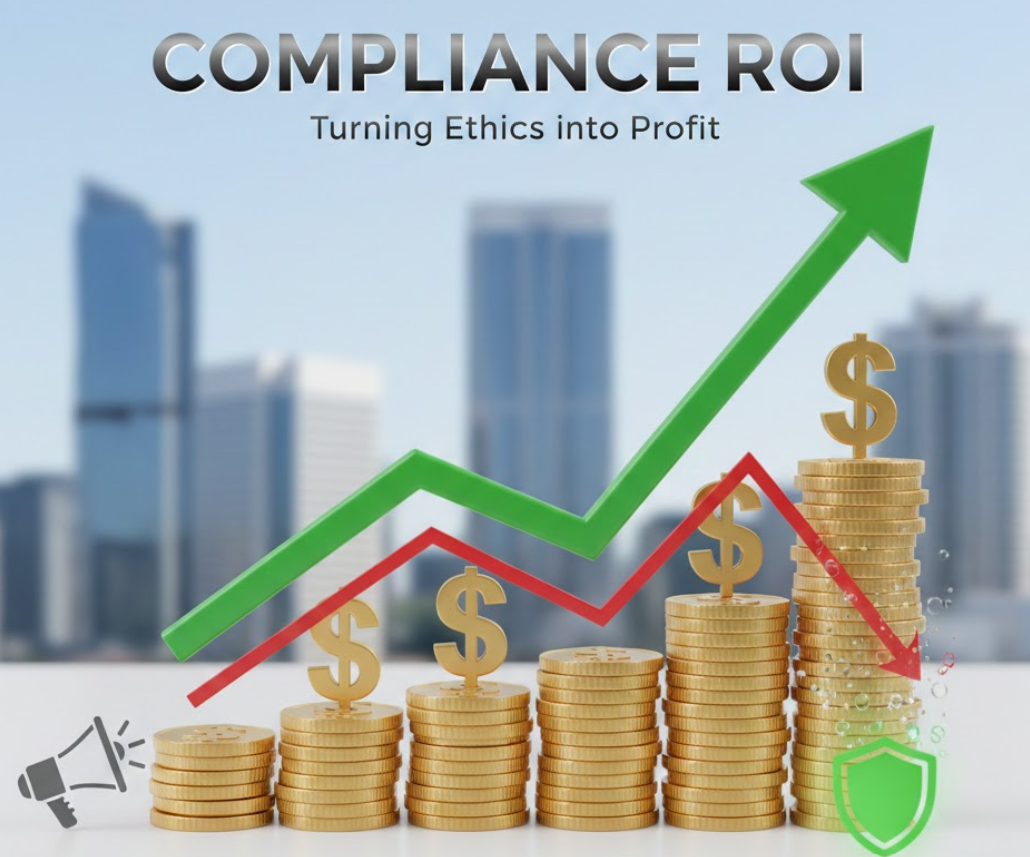Unwritten Rules: The Silent Threat to Workplace Well-being
Navigating a workplace is about more than just understanding your job description and company policies. There’s a hidden layer of subtle, unofficial norms—the unwritten rules—that can significantly shape a company’s culture. While some of these norms are harmless, others can negatively impact employee well-being, retention, and a company’s long-term success. These unspoken expectations can be difficult for leaders to spot, but they often contribute to a toxic environment, even in companies that appear healthy on the surface.
The “Always On” Mentality and Presenteeism
One of the most damaging unwritten rules is the expectation of being “always on.” In many workplaces, there’s an unofficial pressure to be available and responsive well beyond official work hours. This isn’t usually a formal policy; it’s a cultural norm set by managers and colleagues who send emails late at night or on weekends, subtly signaling that you should do the same. This can lead to chronic burnout, as employees never truly disconnect and recharge.
This culture also promotes presenteeism, where employees feel they must be in the office, even when sick, to prove their dedication. A 2023 study by BambooHR found that nearly 90% of employees have worked while sick or felt guilty for calling out of work. This not only spreads illness but also shows a lack of trust and prioritizes being seen over actual productivity. A healthy workplace should encourage employees to take time off to rest and recover, recognizing that genuine productivity comes from well-rested, healthy individuals.
The “Hero” Complex and Overwork
Another pervasive unwritten rule is the glorification of the “hero” employee. This is the person who regularly works late, takes on huge projects alone, and comes in to save the day. Companies often celebrate these individuals, praising their commitment and hard work. However, this creates an unhealthy dynamic where working excessive hours is seen as the standard for success, not an exception. It sends the message that sustainable, steady work is less valuable than a dramatic, last-minute sprint.
Leaders within an organization may also develop a “Hero Complex” in which they feel the need to step in and help employees they perceive to be struggling with their work. This perception is often not reality, and “stepping in” turns into stepping on the ideas and contributions of soft-spoken but talented team members. According to the Forbes article, “Unmask Leaders’ Hero Complex to Enhance Collaboration,” by Britton Bloch, “A crucial step in the process of overcoming the hero complex is leaders learning to value the unique contributions of each team member and promote an environment where collaboration prevails over competition. This approach enhances team dynamics and enriches the leader’s ability to effectively work alongside their employees.”
Fear of Taking Leave and the Value of Rest
In some companies, employees are subtly discouraged from taking sick days or using their vacation time. While policies might offer paid time off, the unwritten rule is that taking it makes you seem less committed or burdens your team. This fear can be rooted in a “hustle culture” where nonstop work is considered a badge of honor. According to a 2025 survey of 1000 U.S. employees by TEAM Software, 67% of Americans worked while sick in the past year, 45% of workers feel judged by coworkers for taking sick leave, and 21% of workers are experiencing anxiety or panic attacks from being overworked.
Hustle culture is short-sighted; it leads to higher rates of stress, lower morale, and a significant drop in long-term productivity and creativity. A truly effective workplace values rest and recovery, understanding that it’s essential for sustained performance and innovation. Encouraging employees to take their well-deserved time off signals that the company values them as people, not just as cogs in a machine.
Identifying and Correcting Unwritten Rules
Leaders can’t fix what they can’t see. Identifying your organization’s unwritten rules requires a deep dive into the company’s cultural landscape. A third-party whistleblower hotline can be an invaluable tool here, as it provides a safe, anonymous channel for employees to report these subtle cultural issues without fear of retaliation. Additionally, organizations should consider conducting anonymous surveys to uncover the unwritten rules that are damaging their culture. Consider the following questions: Do people feel they can take a sick day without guilt? Are late-night emails a common occurrence? How does the company reward success?
Once identified, correcting these issues requires intentional action. Leaders must model the desired behavior—taking their own vacations, logging off at a reasonable hour, and openly discussing the importance of work-life balance. Reward systems should be adjusted to celebrate efficiency and collaboration, not just long hours. By bringing these unwritten rules to light and actively working to change them, companies can build a healthier, more sustainable culture that fosters employee well-being, increases retention, and leads to greater long-term success.
Want to know more about retaining employees? See our article here.
Reach Us
Red Flag Reporting
P.O. Box 4230, Akron, Ohio 44321
Tel: 877-676-6551
Fax: 330-572-8146




